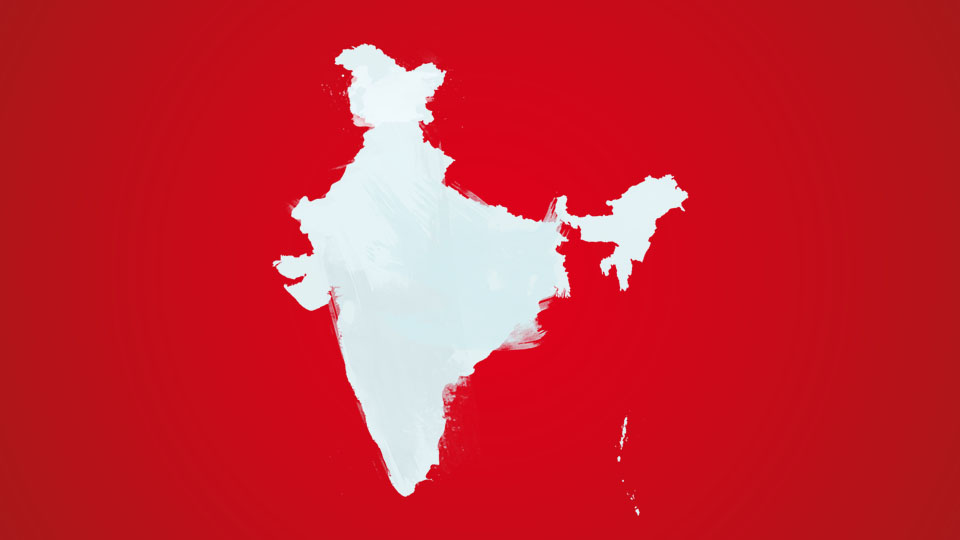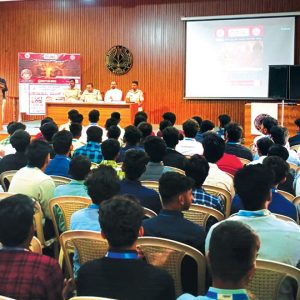Answering the above poser would amount to saying the obvious. The land’s citizens, with a volatile estimate of exceeding 130 crore enjoy an euphemistically described identity as its consumers. Every year, National Consumer Day, falling on December 24, is observed, an event not many can enlighten what is leading to. The nation has a Ministry of Consumer Affairs at the Centre at whose aegis the special day is celebrated. The World Consumer Rights Day has just been observed or celebrated, whichever way one chooses to take it. Out of the various laws that have been enforced to protect the consumer rights in India, the most important is the Consumer Protection Act, 1986. One doesn’t have to be an expert in rocket science to realise that consumer-rights-protection and protecting -the-consumer-in-the-street are different kettles of fish. The set-up, not known to the unlettered mass in the land, namely Consumer Disputes Redressal Commission at the Centre and its regional chapters has often turned into a cruel joke on the aggrieved consumer.
Barring the well-marked sections in the population, call them citizens or consumers, who know the tricks-of-the-trade as it were in protecting themselves or their rights, the rest are at the mercy of two hard-to-beat Indian types, namely the elected representatives and the traders, both of them being a law unto themselves preying on their victims — the consumers.
The threesome combine, namely a) the law-makers in the range of Gram Panchayat to Parliament, b) the now-well-paid functionaries in the administration with the trust of citizens to serve them with probity and c) the traders, about whom less said the better, are making merry through their combined three-pronged assault choking the citizens, now gone beyond limits of bare survival. The promise of achche din (good days) for the mass of consumers is being held out in spite of the mass being driven to despair, given the yawning gap between money at their command and meeting even the bare essentials of life. The aforementioned trinity, holding the land’s people at large to ransom, are in a stupor that their undeserved achche din will last for ever.
Comparing the current still-liveable condition in the country for citizens at large with the unrest, uncertainty and genocide in many regions across the world may offer some solace, but certainly not a consolation. Ultimately, one may retire to bed after a strenuous day’s life with the comfort-giving thought that “it could be worse.” One may count the citizens, but the consumer doesn’t count!








Recent Comments